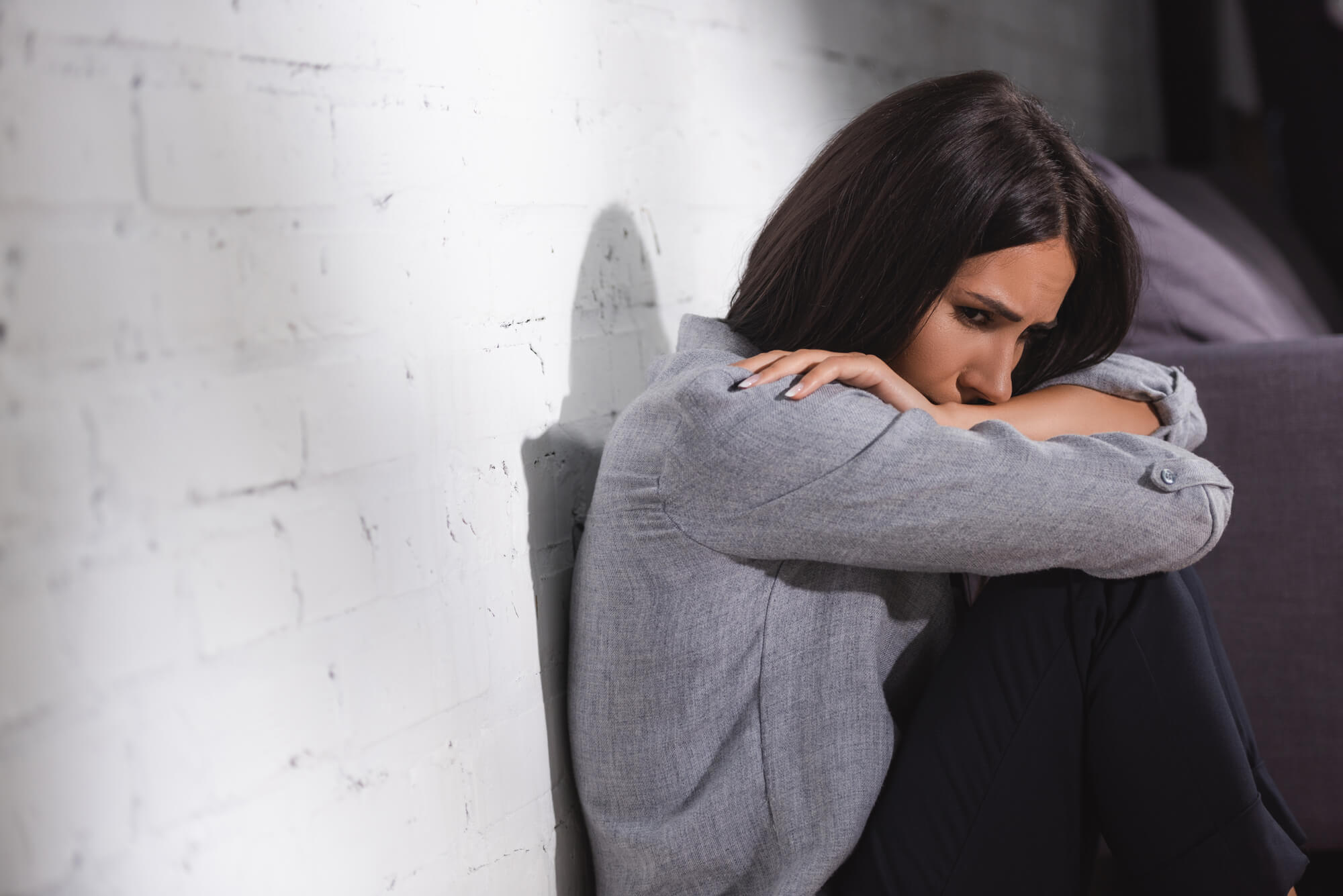
When it comes to migraines and mental health, there is a chicken and egg relationship. Do migraines cause mental health issues, or do mental health issues cause migraines?
The answer is yes. The following statistics support both sides of the question.
- People suffering from chronic migraines are five times more likely to develop depression, and around 20% to 30% develop anxiety.
- Around 20% of episodic migraineurs develop depression, with the percentage increasing with the number of migraine attack days per month.
- People with bipolar disorder commonly develop migraines, with a third of Bipolar I and half of Bipolar II patients becoming migraineurs.
- PTSD leads to migraines or persistent post-traumatic headaches, which are similar but clinically distinct from migraines. *
*Post-traumatic headaches might increase the risk of mental health problems more than migraines.
What Is the Link Between Mental Health Conditions and Migraines?
So far, no clear link has been observed between migraines and mental health problems. However, if there is a link, it seems to be bidirectional, meaning migraines can cause mental health issues, and mental health issues can cause migraines.
Migraine suffers commonly develop depression and anxiety, like many other people with chronic conditions, and depression and anxiety often breed migraines.
Both conditions can be caused by a serotonin dysfunction, including genetic mutations that disrupt serotonin signaling in people with migraines or anxiety/depression.
In some cases, depression or anxiety develops months or years after migraines. Sometimes people diagnosed with depression or anxiety eventually develop migraines after months or years of the diagnosis.
Migraines, depression, and anxiety tend to run in families. A 2021 study showed that siblings with migraines, even if not all siblings had migraines, were 40% more likely to develop depression than people without siblings suffering from migraines. Siblings with depression were 45% more likely to develop migraines even if they never developed depression.
As if that isn't enough, depression is also a strong predictor of whether a person will progress from episodic to chronic migraines. Also, treatment of the migraine doesn't always improve anxiety or depression.
Symptoms
Migraine symptoms can cause or exacerbate symptoms of anxiety. Migraines can engender excessive worry, fear, and irritability. It’s easy to worry about when the next attack could occur or how bad it might be.
Migraines can make you feel helpless because the symptoms can be so unpredictable. Many migraineurs become frustrated by the way their condition affects their lives.
Depression symptoms run the gamut from fatigue and loss of interest in previously enjoyed things to feelings of sadness and hopelessness. You might experience changes in sleep or eating habits. Depression can have some of the same symptoms as migraines — insomnia, loss of appetite, and malaise.
Suicidal Thoughts
Depression and anxiety increase the risk of suicide. Suicide is often driven by a need to be free of pain, so those with chronic migraines and depression may find themselves in a difficult place.
Warning signs of suicide include:
- Talking or writing about death
- Giving away important possessions
- Reckless behavior
- Increased use of alcohol or drugs
- Talking about being a burden to others
- Extreme social withdrawal or isolation
- Thoughts of hopelessness or that things will never get better
- Making calls or visits to say goodbye to others
If you or a loved one is thinking about suicide, call the 988 suicide and mental health crisis line. It provides 24/7 assistance that is free and confidential.
Your current problems may not permanent, but death is. Please seek help before doing something you can’t undo.
Treatment Options for Migraines Accompanied by Mental Health Issues
If you are suffering from mental health issues along with your migraines, tell your doctor about all your symptoms. If at all possible, you want to co-treat the migraines and mental health issues, partly to reduce the amount of medication you pay for and take. Medications are available that can treat both.
For example, beta blockers can affect depression. Topiramate is a common migraine medication that also helps people with bipolar disorder. Triptans regulate serotonin, which affects both migraines and depression.
Many medications for depression and anxiety reduce serotonin uptake in the neurons, the same substance that can cause migraines. SSRIs (selective serotonin reuptake inhibitors) and SNRIs (selective norepinephrine reuptake inhibitors) act as antidepressants that also suppress migraines since serotonin can activate nerve endings and start a migraine.
Non-Pharmacological Therapies
Many therapies suggested for treating migraine also help with depression and anxiety, and vice versa.
- CBT or cognitive behavioral therapy helps you change how you think or perceive the world, helping you manage stress better.
- Relaxation therapies calm the nervous system with meditation, deep breathing, or guided visual imagery.
- Biofeedback helps you compare responses to biological information shown on instrumentation so you can modify it.
Lifestyle changes can also impact the severity, frequency, and duration of migraines and symptoms of depression or anxiety.
Eating a healthy diet and getting appropriate exercise are great changes to make for anyone's overall health. Try reducing your caffeine and alcohol intake. Red wine is a common migraine trigger, and alcohol is a depressant.
In Summary
Migraines can cause depression and anxiety. Depression and anxiety can cause migraines. Serotonin, stress, and an unhealthy lifestyle are implicated in all these conditions.
If you suffer from migraines, your doctor can help you find a way to treat them that might also help your depression. Life is too short to be in pain.



